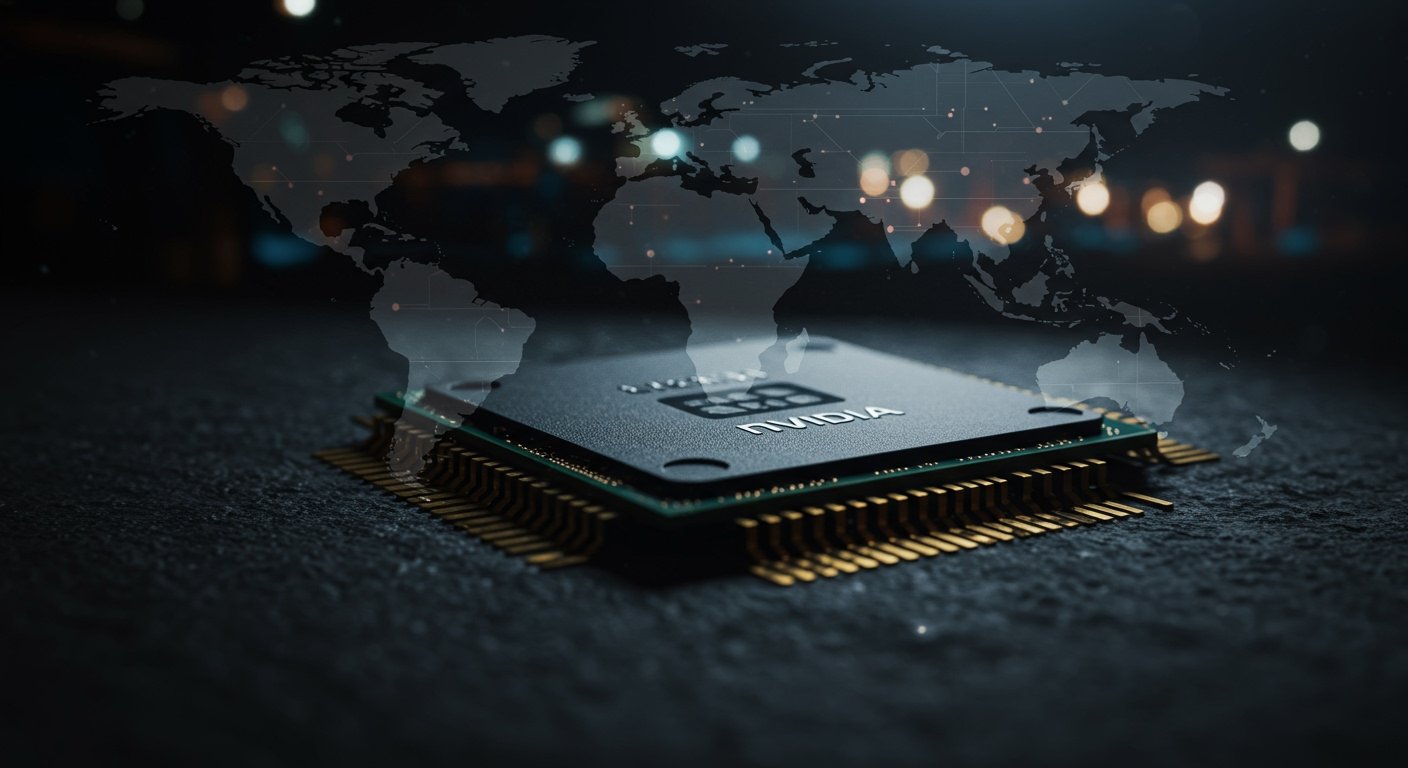March 6, 2025, marked a day of significant activity across the global technology landscape, characterized by substantial investment in artificial intelligence-driven financial technology companies and a wave of strategic alliances among major telecommunications and IT players.
FinTech Sector Sees Capital Influx
The financial technology sector, particularly firms leveraging artificial intelligence, was a focal point of today’s news. Quantexa, a UK-based AI FinTech specializing in decision intelligence, announced a major funding milestone, securing $175 million in a Series F funding round. This significant investment pushes Quantexa’s valuation to an impressive $2.6 billion, underscoring strong investor confidence in its AI-powered platform and its application in areas such as fraud detection, financial crime prevention, and customer intelligence.
Adding to the positive momentum in the FinTech space, Grain, another firm focused on financial technology solutions, also successfully raised a substantial amount of capital. The company secured over $50 million in funding. Grain’s funding is earmarked for enhancing its AI-powered tools specifically designed for the foreign exchange market, aiming to improve efficiency and accuracy in currency trading and management.
These funding rounds highlight the continued appetite for FinTech innovation, especially solutions that promise to deliver advanced analytical capabilities and operational efficiencies through artificial intelligence.
Telecommunications Evolves Through Partnerships
The telecommunications industry demonstrated a strong push towards expanding capabilities and embracing next-generation technologies through strategic collaborations. Verizon Business, the enterprise arm of the US telecommunications giant, announced a significant expansion of its global Internet of Things (IoT) platform.
This expansion is being facilitated through new partnerships with two key players: Singtel, a leading communications technology group in Asia, and Skylo, a company focused on providing connectivity for devices in remote areas. The collaboration with Singtel and Skylo is set to broaden the reach and capabilities of Verizon’s IoT services, enabling more extensive deployment and management of connected devices globally.
Further illustrating the sector’s evolution, Indosat Ooredoo Hutchison (IOH), one of Indonesia’s largest mobile operators, announced a pioneering achievement in Southeast Asia. IOH became the first mobile operator in the region to deploy AI-RAN (Artificial Intelligence in Radio Access Network) technology.
This deployment is the result of a collaboration with technology leaders Nokia and NVIDIA. The integration of AI into the RAN is expected to significantly enhance network performance, optimize resource allocation, and improve energy efficiency.
Another significant partnership in the telecom infrastructure space involves Jio Platforms, the digital services subsidiary of India’s Reliance Industries, alongside technology powerhouses AMD, Cisco, and Nokia. These companies are collaborating to develop an Open Telecom AI Platform. The initiative aims to leverage artificial intelligence and open standards to improve network efficiency, bolster security, and potentially reduce operational costs for telecommunications providers.
Bolstering Cybersecurity Defenses
Cybersecurity remains a critical concern across all sectors, and today’s announcements included initiatives aimed at strengthening digital defenses, particularly against future threats.
Verizon Business and global professional services company Accenture have formed a strategic alliance specifically focused on cybersecurity services. This partnership is designed to bolster the cybersecurity posture of mid-market and large enterprises, offering enhanced protection against increasingly sophisticated cyber threats through combined expertise and resources.
Looking ahead, IBM and Vodafone have introduced a new cybersecurity initiative targeting the potential risks posed by future quantum computing capabilities. The collaboration is specifically focused on protecting mobile users from future quantum-based threats, signaling proactive measures being taken to address the long-term security implications of quantum technology advancements.
Expanding Connectivity Beyond Terrestrial Networks
The push for ubiquitous connectivity and exploration of new technological frontiers extended into satellite communications and space-related applications.
Vodafone, the multinational telecommunications company, and AST SpaceMobile, a company building a space-based cellular broadband network, have signed an agreement to establish a European satellite service business. The ambitious goal of this joint venture is to achieve 100% geographic coverage across Europe, aiming to eliminate connectivity gaps in remote or underserved areas by leveraging satellite technology that connects directly to standard mobile phones.
In the realm of space technology and remote operations, Space Data Corporation and Japanese telecommunications operator KDDI are preparing to conduct a significant demonstration. The two companies are set to perform a robot operation demonstration within the Virtual ISS (International Space Station) environment. This demonstration is scheduled to take place between April and October 2025, exploring the feasibility and potential of remotely controlling robots in simulated space environments, which could have implications for future space missions and industrial applications.
Today’s developments on March 6, 2025, painted a clear picture of a technology sector in constant flux, driven by innovation in AI, substantial capital flows into promising ventures like FinTech, and a strategic emphasis on partnerships to build more robust, efficient, and far-reaching telecommunications and digital infrastructure, while simultaneously addressing evolving security challenges and exploring the potential of space.











